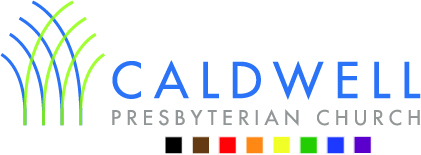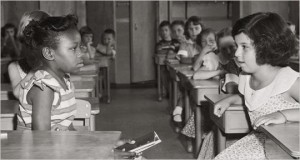In “churchy language,” the word proclamation often refers to the act of preaching. But we all “proclaim” the gospel, in our actions, in our living and in our witness to Christ in all we do. I’m reading a book by the great Old Testament scholar Walter Brueggemann titled, “The Practice of Prophetic Imagination: Preaching an Emancipated Word.” I’ve not gotten very far in the book but wanted to share a few portions I’ve already found helpful. Bruggemann calls us to an imagination that trascends earthly disappointments and discouragements. He writes:
- ” … the prophetic is not, contrary to some conservative views, a matter of prediction. Nor is it, contrary to some liberal views, a nagging or a scolding or righteous indignation about social justice.”
- “Prophetic proclamation is an attempt to imagine the world as though YHWH (God) – the creator of the world, the deliverer of Israel, the Father of our Lord Jesus Christ, whom we Christians come to name as Father, Son and Spirit – were a real character and an effective agent in the world. …. Thus, the offer of prophetic imagination is one that contradicts the taken-for-granted world around us. “
In a week like this one, we need the faith that God is an active and effective agent in the world, don’t we? In just a few days, we’ve witness hundreds of African migrants drown in an attempt to find a better life. We’ve watched as thousands of residents of Nepal have been swept away by an earthquake. And, we’ve felt helpless as pent-up rage has let loose in the streets of Baltimore. Yes, we need to know God is still at work in the world.
Again, each of us proclaims the gospel in our own ways, not just us preachers. At Caldwell, we seek to proclaim a gospel that lifts up, among other things, God’s call to justice, and we focus especially on the entrenched issues of race and class in America. We know God calls us all to be “one in Christ,” yet we struggle with what that means systemically and interpersonally.
Last night, activist-attorney Bryan Stevenson came to Charlotte to talk about civil rights in 2015. Reflecting on Baltimore, he said the deep, generational poverty and stark racial imbalance in America’s justice system has created “hopelessness and despair” in inner cities across America. “This despair has given rise to a lot of challenges we have to face,” he said. (read the Observer coverage here.)
Here in Charlotte, a major factor in racial and class division is the resegregation of our schools, which I mentioned in the pulpit a few weeks ago. For all interested, the UNC Charlotte College of Education is hosting a symposium on this tragedy next week titled “A Dream Again Deferred.” Experts and authors who have studied and written about CMS schools over the decades will speak to what is happening with school resegregation, potentially the most impactful factor of all in shaping our city’s future.
If you would like to go, the event is Tuesday at 5p.m. and the UNC-Charltte Center City Building, 320 E. 9th Street uptown. Registration closes today, however. To read program information and to register, click here.
On other fronts, please give Caldwell some time and muscle this Saturday as we prepare the Price Building to host the Freedom Schools, a literacy camp for at-risk children from Enderly Park. We will work 8-1, alongside some of our neighbors from other Elizabeth churches.
Finally, we look forward to Youth Sunday this Sunday, a special Sunday in worship each year. More on that in Caldwell This Week tomorrow.
In Christ,
John

